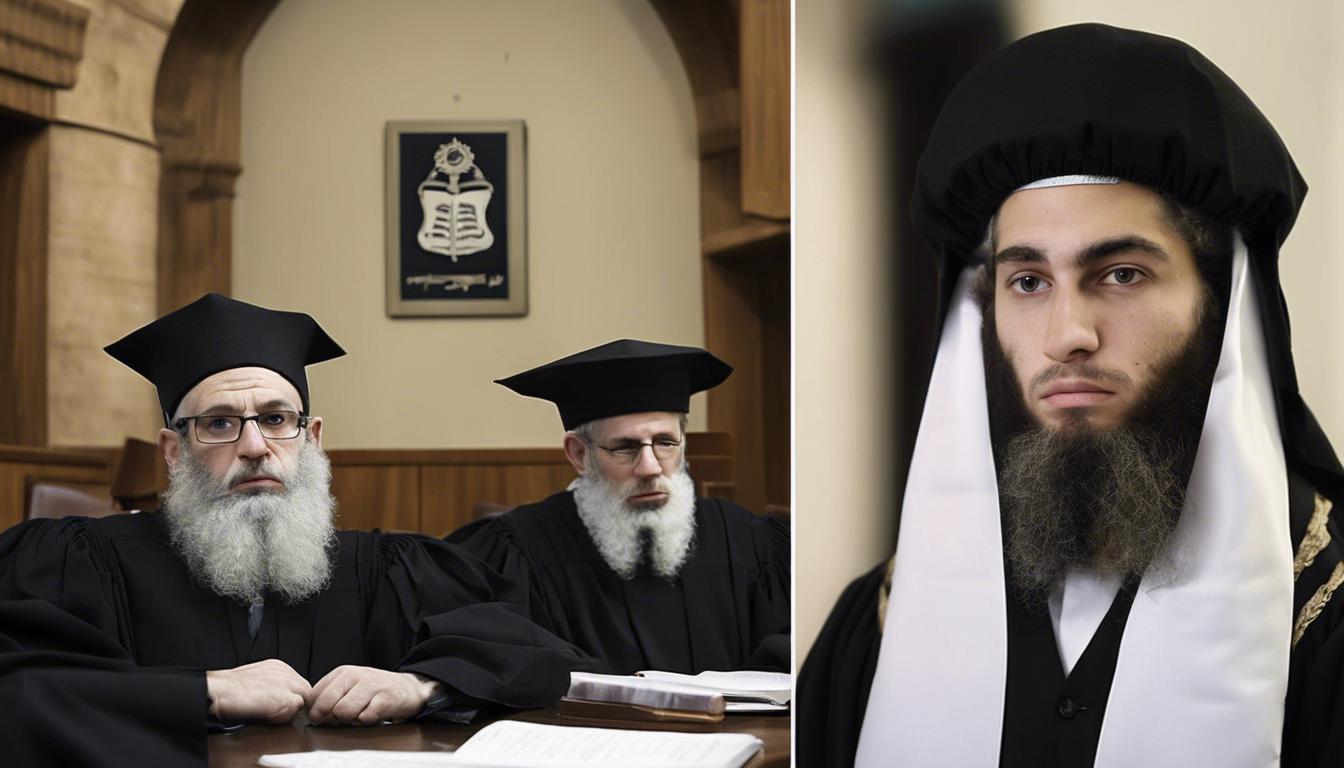In a landmark ruling, Israel’s Supreme Court has ordered the cessation of government funding to seminaries for ultra-Orthodox men exempted from military service, sparking a debate that pits religious traditions against civic responsibilities and threatens the stability of Prime Minister Benjamin Netanyahu’s coalition government.
Israel’s Supreme Court has ordered the government to stop funding seminaries for ultra-Orthodox men who are exempted from military service, a ruling that challenges Prime Minister Benjamin Netanyahu and his coalition government. This decision demands an end to a system that grants preferential treatment to the ultra-Orthodox community and has sparked concerns over the coalition’s stability and the prospect of new elections. The exemption has been a point of contention, leading to resentment among the broader Israeli public, especially during times of conflict such as the ongoing war in Gaza.
Critics of the current arrangement argue that it is unsustainable and places a disproportionate burden on the rest of society, while supporters, particularly within the ultra-Orthodox community, see the court’s ruling as an attack on their religious way of life. The ruling has elicited mixed reactions, with some Israelis viewing it as a move towards a fairer society where all are expected to contribute equally.
This decision exacerbates the existing challenges faced by Netanyahu, who is grappling with the consequences of the war and economic pressures. Balancing the demands of his ultra-Orthodox allies with those of more centrist members of his coalition, who call for equal contributions from all societal sectors, poses a significant dilemma for the Prime Minister.
The Supreme Court’s order, derived from a ruling that declared the military conscription exemption for religious students unconstitutional, has heightened tensions within Netanyahu’s government. Ultra-Orthodox politicians have vehemently opposed the decision, while others, such as Defence Minister Yoav Gallant and former general Benny Gantz, have supported it.
The issue of military service exemptions for the ultra-Orthodox dates back to a 1948 compromise but has become increasingly contentious as the Haredi community has grown. Previous legal challenges and governmental attempts to address this matter have led to ongoing debates over funding and conscription obligations. The Supreme Court’s latest order requires the government to cease subsidies to religious schools for students not exempt from military service, pending a permanent decision expected in May.
Netanyahu has sought a 30-day extension from the court to reach a compromise, highlighting the divisions within his government over the issue. The ongoing Gaza conflict has intensified the debate, with calls for more equitable conscription policies mounting. The future of Netanyahu’s coalition and the broader implications for Israeli society and policy remain uncertain as the country navigates these contentious issues.













